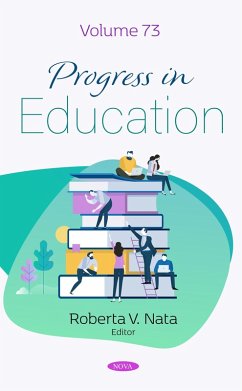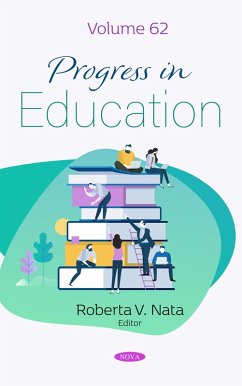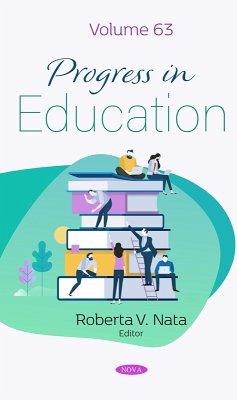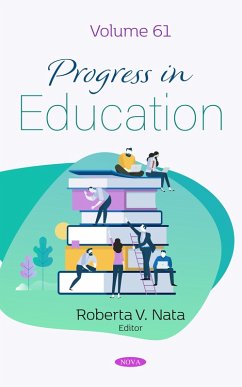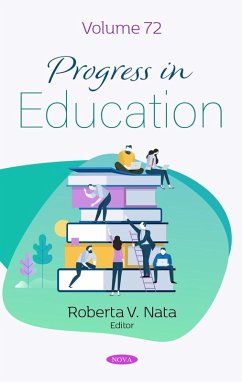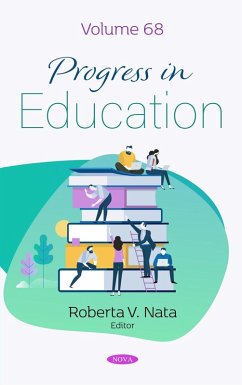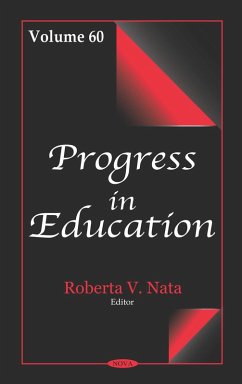Chapter One describes the education of students in the field of biomedical engineering in connection with communication training. This article is based on the author's 46 years of research and education experience related to cross-cultural exchange and interdisciplinary fields. This article contains case studies related to the experience at COVID-19 from 2020 to 2021. In Chapter Two, the role of leather engineering education and training to meet the specific challenges the leather industry faces and the methodologies and pedagogical models to solve these issues are discussed, with a select few successful case studies drawn from different countries. Chapter Three engages in rethinking what can be considered as a narrative and how a multimodal perspective on narration can increase understanding of self-expression in individuals with limited verbal resources, such as minimally verbal children on the autism spectrum. The article further discusses how minimally verbal children on the autism spectrum can be supported to express their thoughts through digital storytelling. In Chapter Four, the mental health of children and young people are examined, especially those from lower socio-economic groups, which have been negatively impacted by the recent lockdowns and closure of schools and colleges. Given this picture of radical disadvantage, it is suggested that plans for general educational, and particularly, vocational reconstruction need to address these inequalities in terms of funding and curriculum development. In addition, this chapter addresses a new model of post-school vocational and education and training (VET), which seeks to address the problems of climate change and, in this respect, any blueprinting for future development which needs to embrace the requirements for a new green industrial revolution to reduce carbon emissions and halt global warming. Chapter Five provides a South African perspective of technical and vocational education in technical and vocational education and training colleges (TVET). Next, the authors describe the requirements of a doctoral degree, the demands of writing a dissertation, the challenges of finding a job, and recommendations to focus, save time, prioritize, and get motivated during these facets of life. Chapter Seven focuses on overcoming students' alternative conceptions in redox reactions using IITF (Insight, Interaction, Task and Forum) instruction. The last chapter explores how a blended online flipped class model affects university students' self-regulated learning (SRL) and teachers' technological pedagogical and content knowledge (TPACK).
Dieser Download kann aus rechtlichen Gründen nur mit Rechnungsadresse in A, B, BG, CY, CZ, D, DK, EW, E, FIN, F, GR, HR, H, IRL, I, LT, L, LR, M, NL, PL, P, R, S, SLO, SK ausgeliefert werden.

